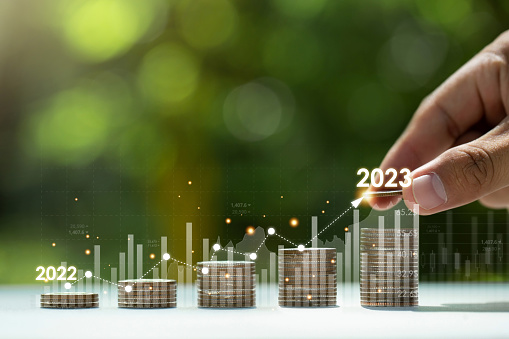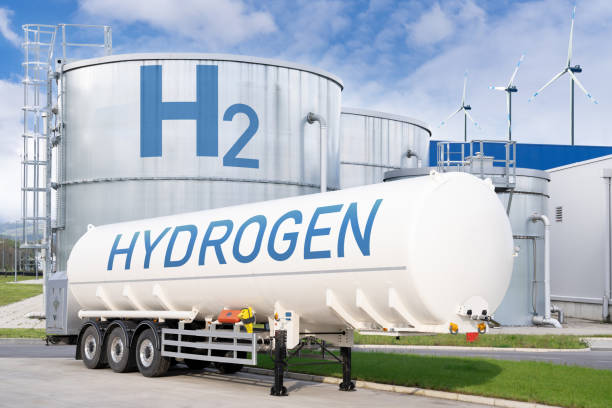Like many other countries, Nigeria has committed to increasing its use of renewable energy to contribute to global climate action. However, one constraint in fulfilling this commitment is the availability of funds to promote renewable energy. Hence, this article will explore various financing options for renewable energy development in Nigeria.
The development of renewable energy projects largely depends on access to funding. As a result, some of these projects never kick off in Nigeria. However, access to information on financing options can encourage renewable energy developers in the country. The United Nations’ seventh Sustainable Development Goal (SDG 7) speaks to achieving clean energy for all. To implement this goal, educating intending developers on financial instruments that support the scaling up of renewable energy technologies (RETs) is pertinent.
The financing options for renewable energy development in Nigeria are divided into two categories:
- Public finance instruments, and
- Private finance instruments.
Public finance instruments include grants, concessional loans, and subsidies. Grants are funds provided by the government or international development organizations to support renewable energy projects. For example, the African Development Bank (AfDB), through Sustainable Energy For All (SEFA), has developed several initiatives to support developers of RETs by offering grants and technical support to developers. Similarly, the United Nations Development Programme (UNDP) provides grants for renewable energy projects in Nigeria.
Another example of a public finance instrument for renewable energy development is concessional loans, offered at lower interest rates than market rates. An example of a concessional loan program is the Nigerian Electrification Project (NEP). The project aims to increase access to electricity in rural areas. The project’s goal is to subsidize the large-scale development of mini-grids by shrinking initial costs and creating room for scaling operations and recovery of investments by developers during the project cycle.
Subsidies are another financing option for renewable energy development in Nigeria. The government provides subsidies on renewable energy equipment for developers to reduce the cost of renewable energy projects. For example, the Nigerian government offers import duty exemptions on renewable energy equipment such as solar panels, inverters, and batteries.
On the other hand, private finance instruments include equity, debt, and mezzanine financing. Equity financing involves raising capital from investors in exchange for project ownership. In Nigeria, several venture capital firms such as All On, Sahel Capital, and Off-Grid Electric have invested in renewable energy projects.
Debt financing for renewable energy development involves borrowing money from financial institutions, such as banks or pension funds, to finance projects. Debt financing is a common instrument used for Nigeria’s renewable energy sector. For example, Access Bank, one of Nigeria’s leading banks, provides debt financing for renewable energy projects.
Mezzanine financing is a hybrid of equity and debt financing. It involves providing capital to the project in exchange for a share of ownership and a high return on investment. Mezzanine financing is an attractive financing instrument for renewable energy projects because it allows project developers to access capital without diluting their ownership stake significantly. In Nigeria, mezzanine financing is not yet widespread, but it is becoming more popular as more investors become aware of its benefits.
In addition to the aforementioned, there are several other financing options for renewable energy development in Nigeria. These include crowdfunding, green bonds, and carbon credits. Crowdfunding involves raising small amounts of capital from many people, usually through online platforms. Green bonds are debt securities issued by organizations to finance environmentally sustainable projects. On the other hand, carbon credits are a financial instrument representing a reduction in greenhouse gas emissions. These credits can be bought and sold, and the revenue generated can be used to finance renewable energy projects.
Renewable energy development is paramount with the country’s climate action goals and the global commitment to transition towards cleaner energy sources. However, there should be more information, awareness and support for financing options for renewable energy development in Nigeria to enable this.



